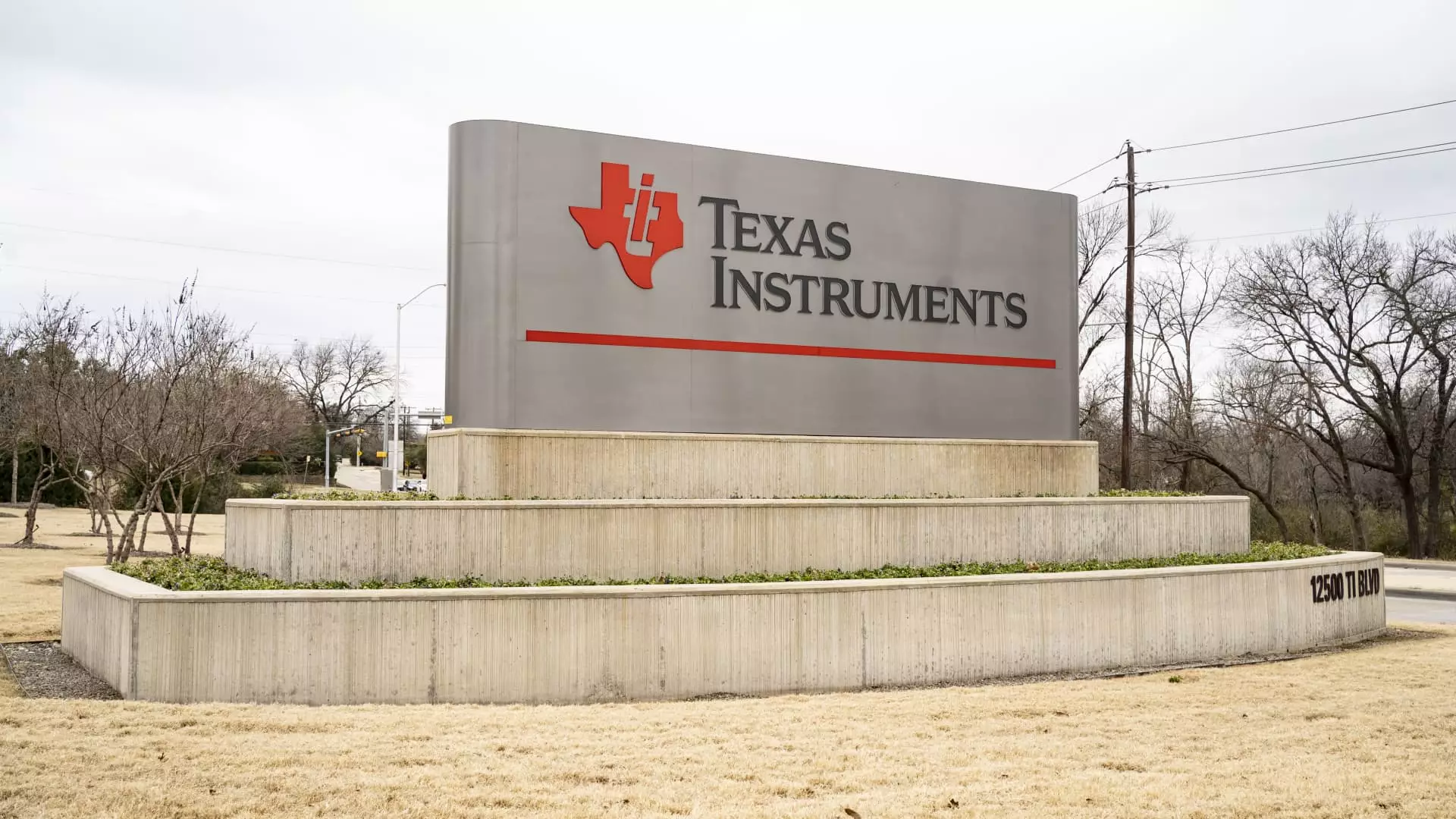The relentless pursuit of market highs often blinds investors to the underlying vulnerabilities that threaten to plunge portfolios into chaos. While the hype around record-breaking numbers pushes many to chase returns, the reality remains much darker: markets are inherently unstable, especially amidst geopolitical tensions and protectionist policies. Recent events, such as the Trump administration’s sweeping tariffs against South Korea, Japan, and other nations, shatter the illusion that a bull run is sustainable without paying a steep price. These tariffs, slated to commence on August 1, sent shockwaves through stock indices, with the Dow plummeting over 500 points and the S&P 500 slipping below key support levels. Investors who cling solely to aggressive growth stocks are gambling with their financial futures, ignoring a crucial safety net that only resilient, dividend-paying stocks can provide in tumultuous times.
Relying on Defensive Dividends to Guard Against Economic Turmoil
The idea of defensive investing is often dismissed as outdated or overly cautious, but in today’s volatile environment, it is a strategic necessity. Wolfe Research’s recent analysis emphasizes the significance of dividend aristocrats—those companies that have consistently increased dividends for at least 25 years—as a sturdy anchor amid economic storms. These companies symbolize financial discipline and resilience, offering a reliable income stream that can cushion portfolios from the worst of market swings. In an environment marred by tariffs and geopolitical uncertainties, dividend aristocrats serve as a bulwark that shields investors from rampant volatility. They deliver not just income, but a semblance of predictability when everything else seems unpredictable.
Emerging Dividend Leaders Challenging the Status Quo
While established dividend aristocrats are comforting, investors should also pay attention to “emerging” dividend champions — firms that have been raising dividends for at least 15 years but haven’t yet earned aristocrat status. These companies often possess the agility and innovation necessary to thrive despite external shocks, making them compelling defensive bets. Wolfe Research highlights several such players poised for ascension, with Duke Energy standing out prominently. With a dividend yield of 3.6% and an annual increase since 2007, Duke epitomizes the utility sector’s stability and growth potential. Despite Wall Street’s lukewarm outlook—most analysts rate the stock as a hold—Goldman Sachs recognizes Duke’s strategic partnership with GE Vernova as a game changer. This move enhances Duke’s ability to rapidly expand “clean” energy infrastructure at a lower cost, offering a serious edge against slower-moving competitors.
Similarly, Texas Instruments exemplifies a firm that combines technological innovation with disciplined dividend growth. The semiconductor giant has raised dividends 21 consecutive years and benefits from a substantial U.S. manufacturing footprint—a critical advantage amidst ongoing tariffs and supply chain woes. While it’s facing some analyst skepticism regarding valuation, the company’s resilience and capacity to capitalize on an upcycle make it a stock worth watching. In times of turbulence, companies like Texas Instruments demonstrate that careful selection of emerging dividend payers can provide both income and capital appreciation potential.
The Hidden Power of Dividend Payers in a Market Crisis
Prudential Financial, another emerging dividend aristocrat, has also demonstrated considerable resilience. Despite recent challenges—including earnings downgrades by analysts worried about volatile markets and lower interest rates—Prudential’s ability to consistently raise dividends signals underlying financial strength. Its nearly 5% yield makes it particularly attractive as a defensive holding, especially when most of the broader market is retreating. While some analysts predict declining earnings in the near term, the long-term trend of dividend growth imbues investors with a sense of stability that cannot be matched by speculative assets.
In an environment where markets are increasingly driven by geopolitical uncertainties, trade tensions, and policy shifts, companies with solid dividend histories become beacons of security. They are not perfect; they are not immune from market declines. However, their ability to generate cash flows and return value to shareholders helps mitigate the worst of the volatility, preserving capital when it’s most at risk.
In a world rife with unpredictability and mounting economic headwinds, the traditional chase for high-growth stocks is increasingly risky. Defensive stocks—particularly those with a track record of steady dividend increases—are no longer just for cautious investors; they are an essential component of a resilient portfolio. While the market continues its volatile dance, companies that prioritize stability, innovation in energy and technology, and consistent dividend payments are the true champions safeguarding investors’ wealth. As geopolitical tensions intensify and policies shift unpredictably, those who recognize the value of these defensive pillars will be best positioned to weather the storm, proving that sometimes, slow and steady really does win the race.


Leave a Reply